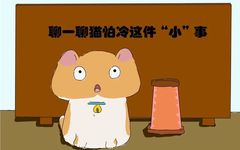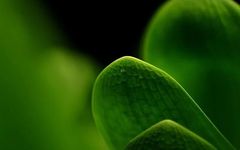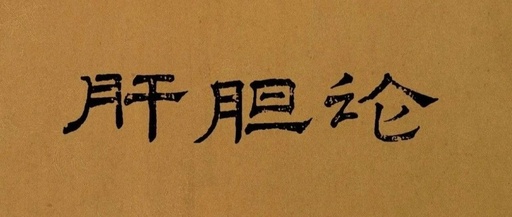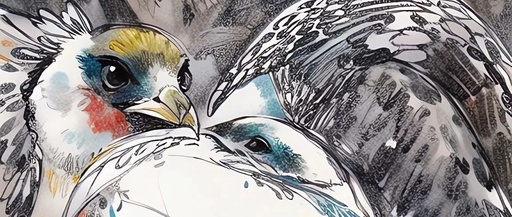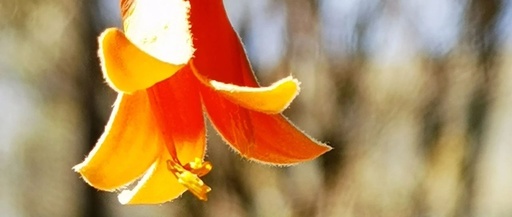Pulse Diagnosis in Traditional Chinese Medicine
Pulse diagnosis (切诊, qiè zhěn) is the primary focus of this text. The “Pulse Diagnosis Method” (切脉诊断法, qiè mài zhěn duàn fǎ) is one of the most sophisticated and unique diagnostic methods in Chinese medicine. Many pathological and physiological changes in patients can be clearly displayed through the pulse. Learning the basic concepts and … Read more




